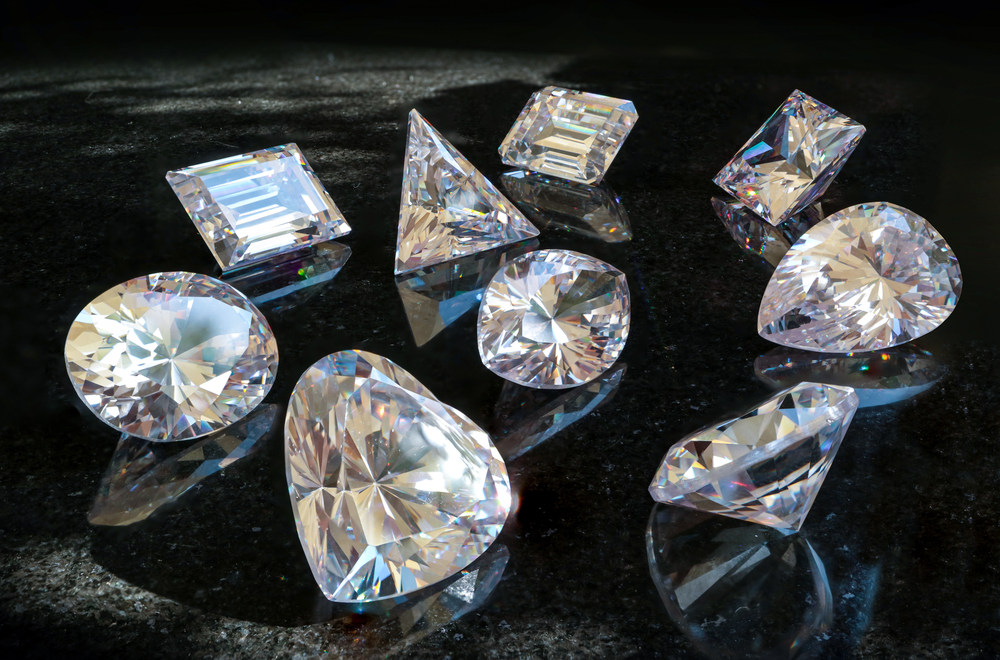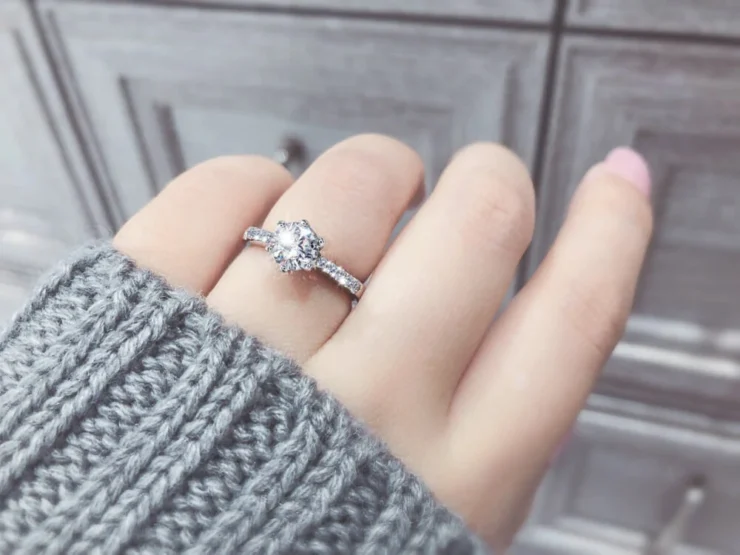Liquid Rhinoplasty or Nasal filling, also known as non-surgical nose aesthetics, refers to nose shape changes performed without surgical intervention. This procedure usually involves injection of skin filling materials. Skin fillers are products that are injected into different facial areas to add volume, such as hyaluronic acid filling material. In recent years, non-surgical rhinoplasty technique has developed, in this procedure, the cavity injection, cavities, contour deficiencies and asymmetries were started to be treated with the filling injection in the nose.
Table of Contents
How to perform Liquid Rhinoplasty?
The procedure consists of filling the nasal tissue with an anesthetic cream, which is usually applied for 20-30 minutes, then injecting into the key areas determined by the surgeon and the patient, thereby improving aesthetically. The injection usually takes 5-10 minutes and is performed in a clinical setting.
What are the advantages of Liquid Rhinoplasty?
Liquid rhinoplasty aesthetics offers many advantages to patients. First, it is a good option for many patients who do not want to have an operation or are considering surgery but have not yet decided. Secondly, touch-ups are very easy to perform because it is enough to make a simple injection to add a small amount of filling to a particular area. With these features, the nose can be “shaped” by injections until the desired result is achieved. And thirdly, nasal filling is much more economical compared to surgical techniques.
How long does the effect of the nose filling last?
The filling disappears in a few months and the nose takes its original shape. Time period depends on person and result can last for approximately six months to a year.
What are the disadvantages of the Liquid Rhinoplasty
There are two main disadvantages. First, the result is not permanent. The effect times are different depending on the type of filling materials. The result can take up to one to two years, depending on the material and injection technique. Second, the main limitation of the technique is that only volume can be added. If there is a nose reduction, an advanced size hump and excessive curvature, filling injection alone will not be sufficient. Therefore, nasal filling may not be suitable for every situation, because some defects of the nose cannot be corrected with this method. But if the patient available for filler to fix little problems, it is great option.















